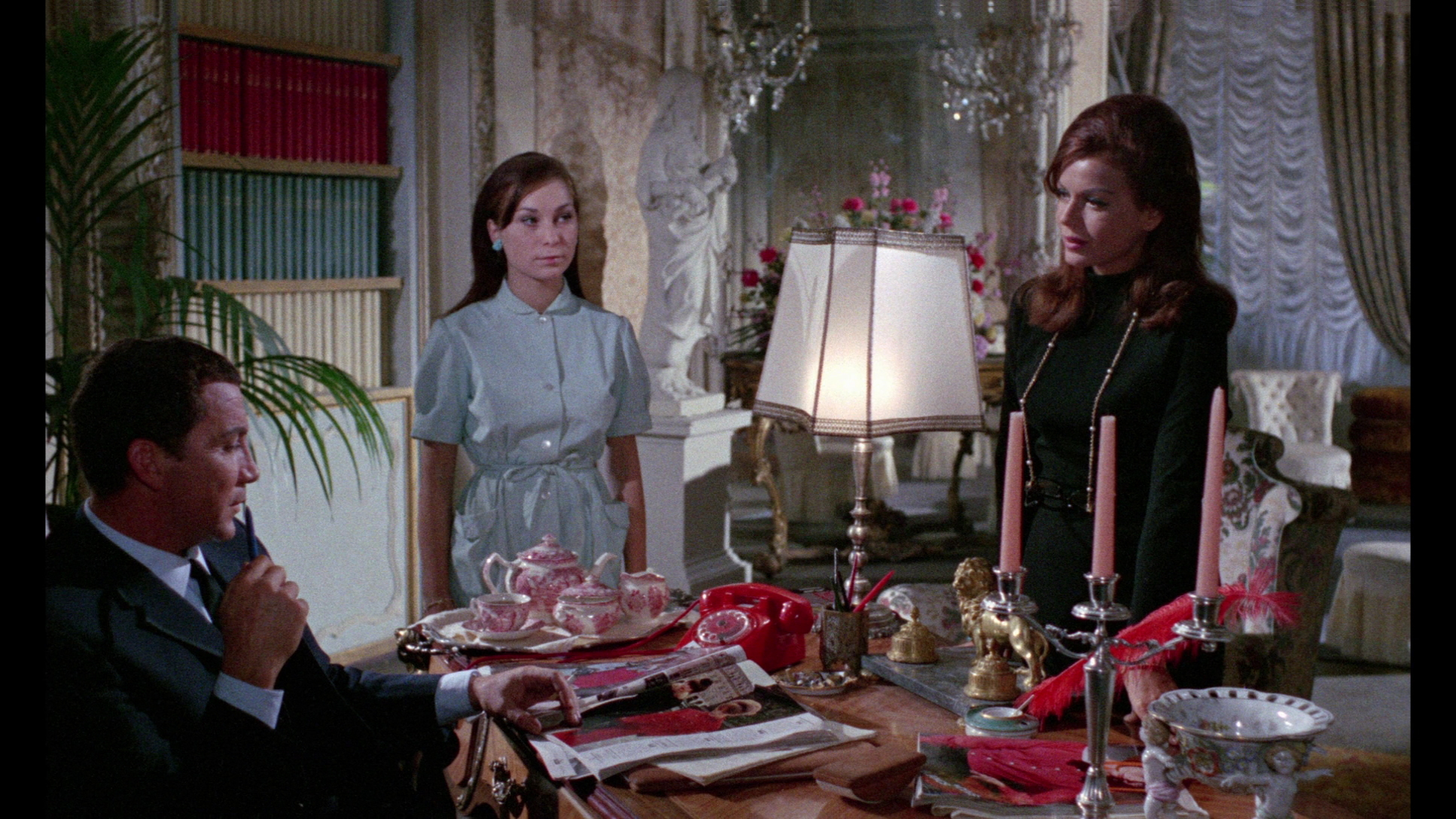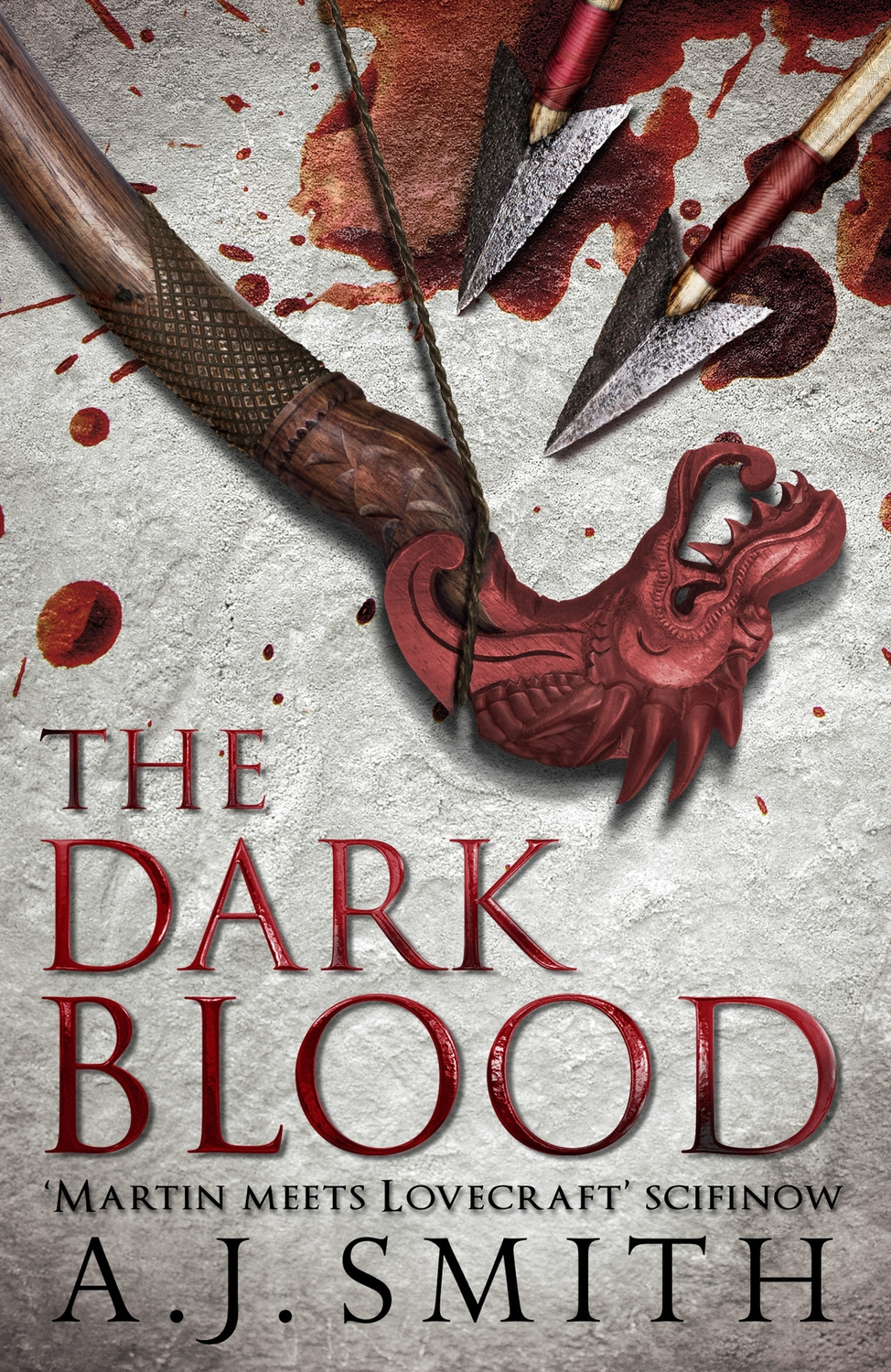

The beauty, and perhaps brutality, of this is that as a narrator he has an almost pedantic clarity about what is happening and what people are thinking of him. When Diop asks Ndiaye to slit his throat and kill him for the pain is unbearable, Ndiaye refuses, citing humanity, citing hope that he will survive, citing morals that “arrived fully formed, too well dressed to be honest”, citing a world that celebrates life sacrificed, not life succumbed.ĭiop dies, and over the course of the slim novel, Ndiaye slowly disintegrates into violence and madness, slaughtering men with a savage pride, collecting their amputated arms like souvenirs.

The book begins in the tone of a confession - Ndiaye has just witnessed Diop’s body being hurled inside out, his intestines lying on the floor. Tirailleurs - foot soldiers employed to charge ahead of the main columns. (Stay up to date on new book releases, reviews, and more with The Hindu On Books newsletter.įighting for France in World War 1, the narrator Alfa Ndiaye and his best friend Mademba Diop are both Senegalese When, in the International Booker Prize-winning novel,Īt Night All Blood Is Black, translated from French, words and phrases repeat themselves - “God’s truth”, “I know, I understand” - it gives the sense of a swirling, hypnotic world, which is slowly losing its grip not just on conventional narrative but also on everyday reality, flirting with the absurd, and then becoming it. It is even given the status of a poetic device - a refrain. In poetry, lines are repeated for emphasis.


 0 kommentar(er)
0 kommentar(er)
